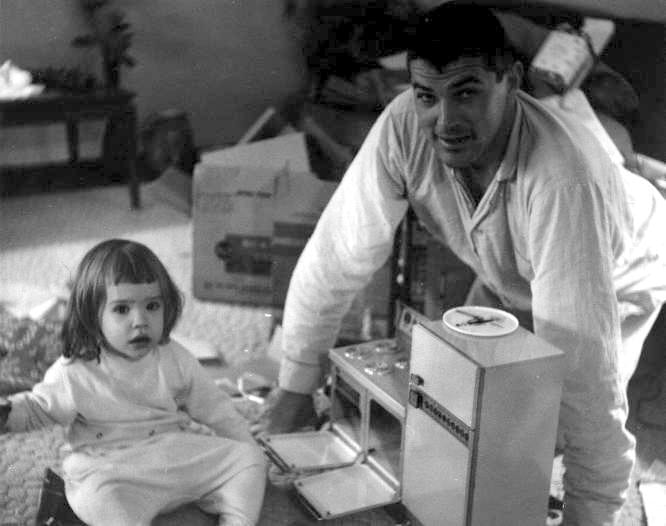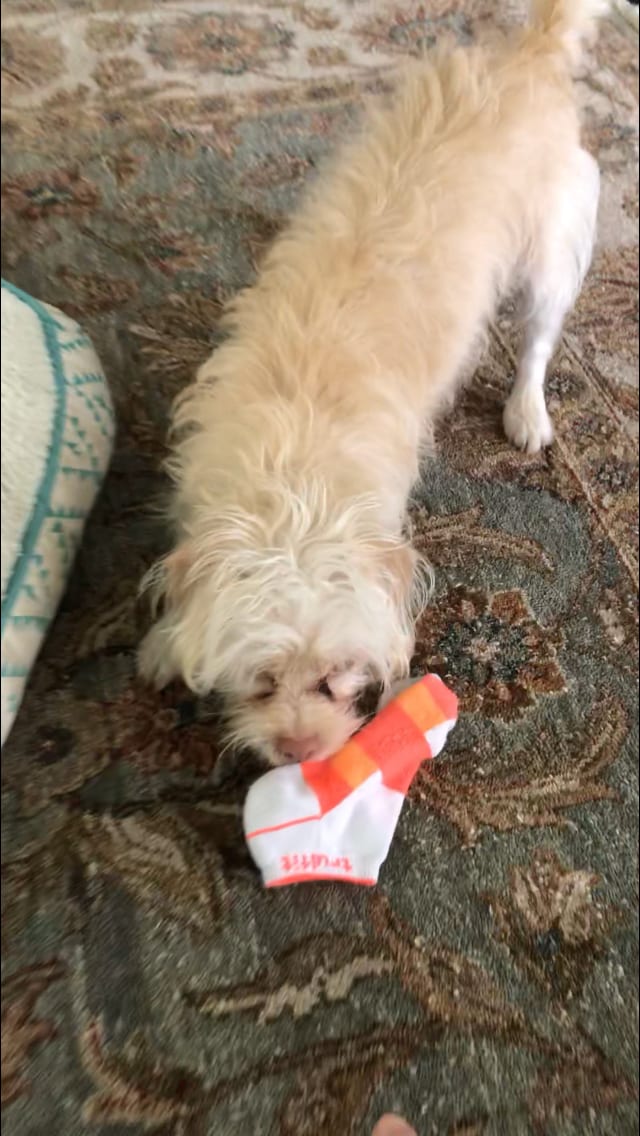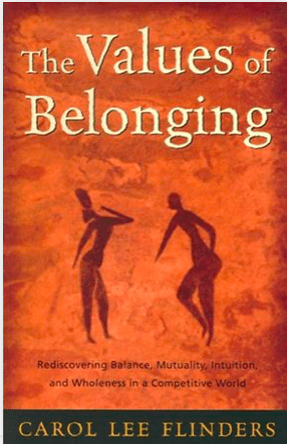I have felt nauseous for two days, a feeling that’s pretty unusual for me since I stopped eating gluten over ten years ago. It’s pretty rare that I have any stomach issues, to be honest, and when I first started feeling off, i instantly began running through what I’d eaten in the last 24 hours in an effort to figure it out.
Since a week ago, I’ve been careful about what I look at on social media. I needed to step back from the Kavanaugh hearings because of some difficulties in my life that were closer, more personal. And frankly, I had noticed that even seeing the ubiquitous photos of his angry, red, yelling face in every other Facebook post made my chest constrict uncomfortably.
Angry men are frightening
I don’t know if that’s something they know and use as a tool, but for most women and girls, male anger is tremendously upsetting. Men in our culture are taught to translate their anger and frustration in to physical outlets – hitting, throwing, slamming, shooting.
And yesterday, Lola and I got on a plane to fly across the country to visit Eve who is in her first year of college. I couldn’t afford to be angry or rage-filled or incapacitated by grief. I was filled with joy at the thought of being in her presence again, the presence of both of these young women who love each other and make each other laugh. We travel together well, easing in to activities and rest with comfort, somehow managing each others’ desires without fighting.
I woke up nauseous again, desperately pleading with the Universe to help me be 100%, to feel ok, to be able to enjoy my girls this weekend. Before my feet touched the floor, I took a deep breath and tried to pinpoint the feeling of unease and when it became clear that it wasn’t inside me, but surrounding me, I finally acknowledged it. I am receiving the energy of others outside me – the overwhelming despair and rage and fury of women everywhere who know they can’t stop this confirmation despite all our efforts.
Lola and Eve politely waited until I’d hugged Eve to fall in to each others’ arms and stay there for a minute. Little do they know that while I loved hugging Eve myself, witnessing the two of them resting together, holding each other up, was the biggest gift. My heart is full.
Not far in to the day, things turned. The ride to breakfast was a bumpy one and Lola felt carsick. Eve wanted to know what the plan was after breakfast. The weather forecast was horrid – humid and thunderstorms. The wait for breakfast seemed interminable. They exchanged (quiet) sarcastic words and there were tears. As we sat at the table, the girls ignoring each other on their phones, I remembered family trips where our parents were angry with us for being “spoiled brats.”
We are spending money to bring you to this place and have a vacation, an adventure, and you repay us by bickering and complaining? Knock it off right now or you can forget about us taking you on any more trips.
I nearly laughed out loud, knowing that I could never say something like that to my girls. Not only would they think I’d been inhabited by some alien life form, but I know better. The very air is tainted right now, with anger and frustration and despair. And we are all entitled to feel overwhelmed, sad, confused, upset.
We soldiered on. And many hours later, as we sat eating lunch, our phones all pinged with the notification that Kavanaugh had been confirmed by the Senate. And I was reminded that what we are learning is valuable. We are learning, over and over again, that the solutions we can come up with within the paradigm of the current system are limited.
Had I threatened the girls, made them feel small and embarrassed, it might have made them less likely to express their frustrations outwardly, behave slightly better in public, but it wouldn’t have addressed the root of the issues. Had I dug in to the “root” of the issues, things would likely have gotten a lot worse in the short term (and they probably would have both turned on me instead of being angry with each other). Those were tactics my parents used. My tactic shifted – I created a new system. I decided that since I’m the grownup here, I would trust my girls to let me know if they needed my help sorting out their emotions, and in the meantime, I would forge ahead, doing what I thought would make me happy. We headed to a burgeoning neighborhood and wandered through bookstores, thrift shops, stationery stores. I stopped to pet an adorable puppy, mused about birthday gifts for my nieces, begged Lola to try on an outrageously gorgeous, outrageously tiny pantsuit that she looked phenomenal wearing. By lunch time, we were doing ok. Good, even. And when I suggested we head back to the hotel so Eve could have a hot bath (there’s no tub in her dorm, so it’s been a long time since she had a therapeutic soak), Lola could chill by herself and watch TV, and I would head to the lobby and write, there were huge smiles all around.
Protesting, signing petitions, calling our representatives, those are all things we do to address the problems within the system. And I’m certainly not saying that those efforts are useless. But it’s the system itself that allows for these things to happen. The system that was created by white men for white men will always benefit white men. We need to get rid of that system. We need to dismantle (smash? burn?) the set of rules and mores that keep us small and compliant. We need to get a lot more comfortable imagining what a different paradigm would look like – one that is created for all of us – and work vigorously toward that end. Especially those of us who have benefited a great deal from this system, by playing by the rules and excusing the white men who make those rules.
It won’t be easy. And it won’t be comfortable. But we can’t make substantive changes within this system that will end up benefitting all of us. While I am still furiously angry that Kavanaugh was confirmed, there is a tiny sense of relief in that now I know that this fire will forge steel. Should we still work our asses off to get out the vote in November? Absolutely! When we take back the House, should we start impeachment proceedings on Kavanaugh and Drumpf? First. Fucking. Order. Of. Business.
And then, we should not rest. We should not think we’ve won. Small victories within this broken, broken system are not enough. We have to burn this SOB down.








